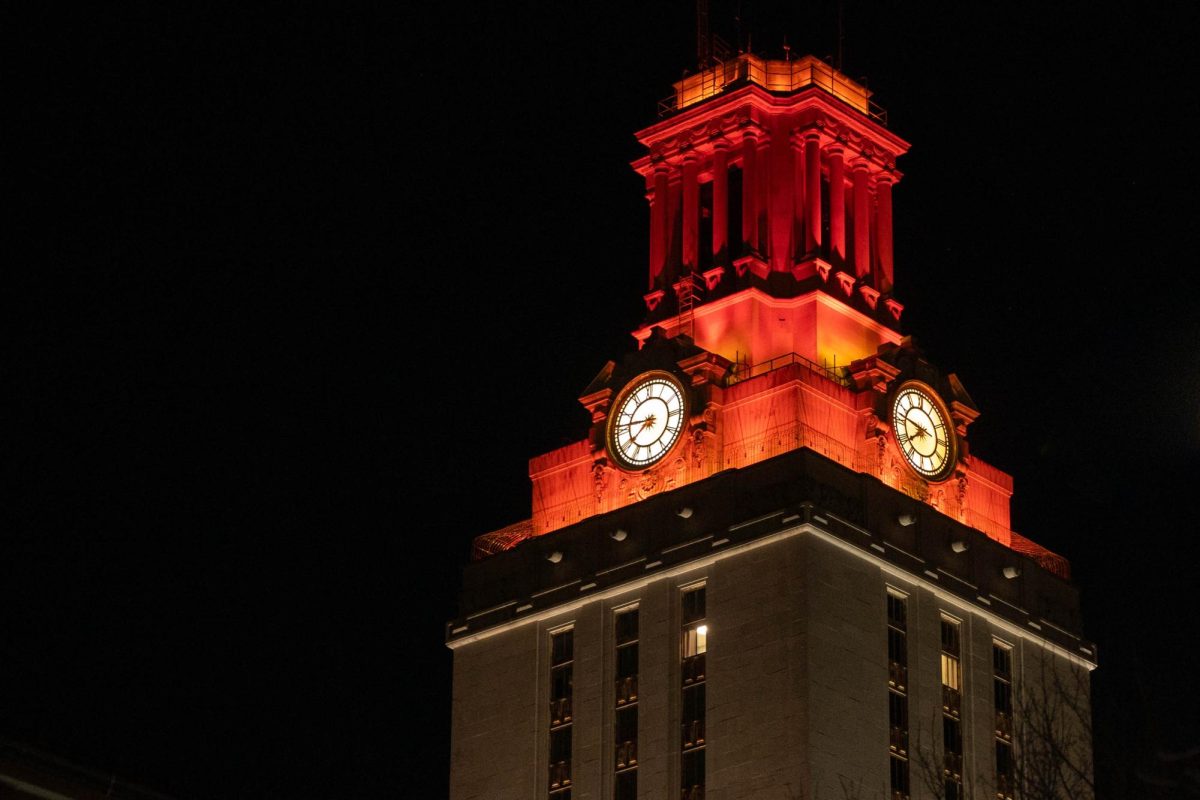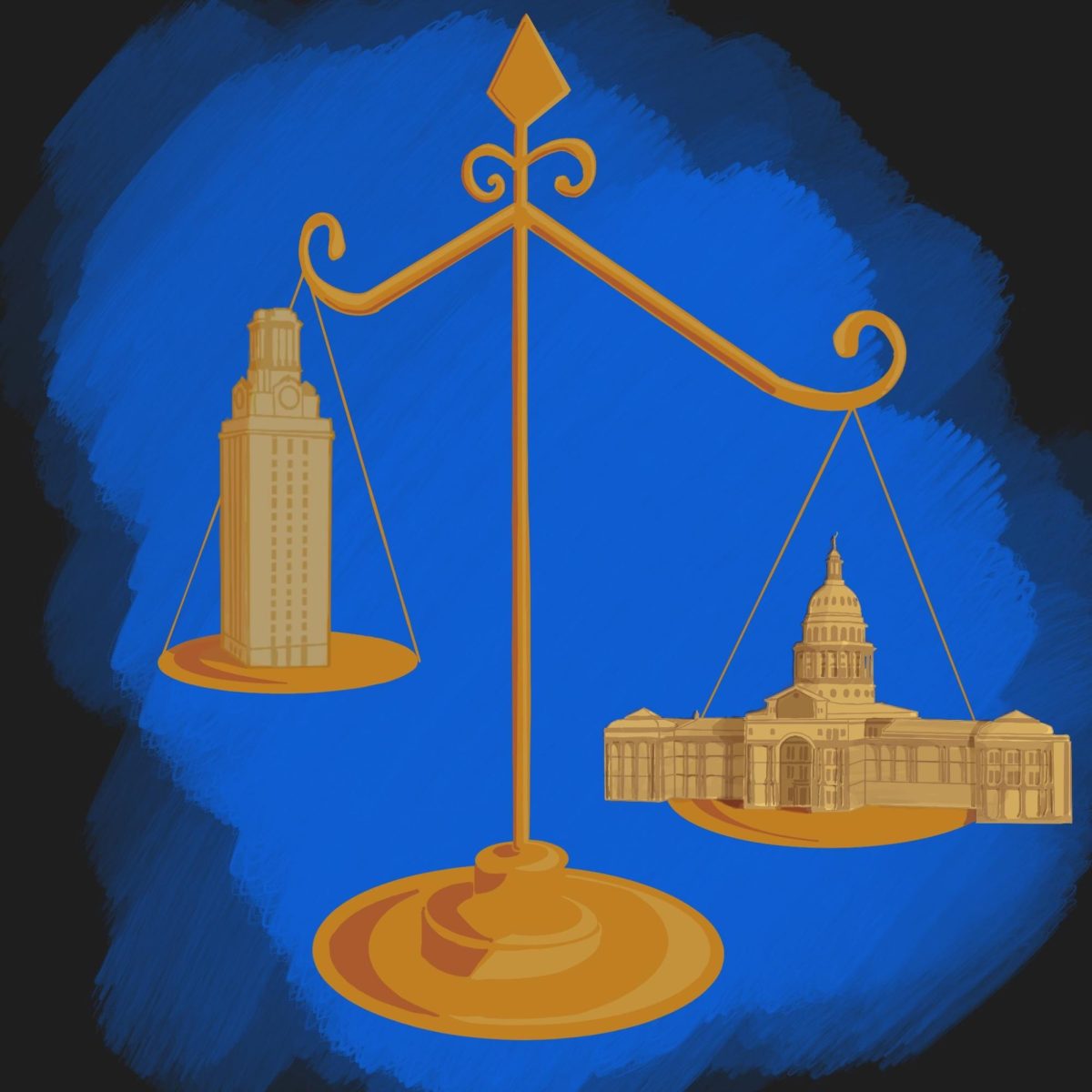After student protests and months of examining and adjusting recommended cuts, three more Special Academic Centers will no longer receive funding from the College of Liberal Arts, Dean Randy Diehl announced Tuesday.
Diehl made changes to and finalized the cuts the college’s nine-faculty-member Academic and Planning Advisory Committee recommended last fall. No centers will be eliminated, but three of the 19 will no longer receive money from the college’s budget.
The Center for Russian, Eastern European and Eurasian Studies, the Center for East Asian Studies and the Humanities Institute received 100-percent cuts and will have to rely on outside sources of funding — primarily from specialized research grants and philanthropy, Diehl said. Three of the 19 centers are already completely self-funded.
He said he let the committee create its own priorities, planning to give his input after the group finalized its recommendations. Diehl’s changes to the group’s recommendations narrowed the range of total cuts and adjusted some cuts based on college priorities.
“I didn’t want to, in a sense, bias the committee one way or another,” Diehl said. “But I knew my priorities could be brought to bear at a later date in the process.”
Diehl reduced the share of cuts for the John L. Warfield Center for African and African American Studies and the Center for Mexican American Studies. He said he considered the centers’ records for attracting faculty to the University and how well they promote diversity.
“Over the years, the Warfield Center played a major role in helping to transform this campus from one that was, probably correctly, viewed as inhospitable to African-American scholars to one I think that is viewed as a wonderful place for these scholars to do their work,” Diehl said. “They did that by helping us recruit faculty, and [the Center for Mexican American Studies] played a similar role in attracting top Latino faculty.”
The two centers will lose 12 percent of their funding, compared to the faculty committees’ original recommendation of more than 35 percent each.
Diehl said he created the committee to research and recommend strategies to close the college’s $15 million shortfall in its $108 million annual budget. Diehl created the committee after cutting slightly less than $5 million in funding to academic departments last year, which resulted in close to 100 fewer non-tenure-track teachers at the college this academic year.
With the initial department level cuts, reduction of staff by 20 employees, offering retirement incentives to senior faculty and reducing the cost of the new Liberal Arts Building, the college has cut close to $10 million so far.
Richard Flores, associate dean for Academic Affairs, said the committee focused on specific criteria to evaluate each center’s contribution to the college’s missions for teaching, research and community outreach.
He said the committee considered factors including the number of credit hours offered, the number of degrees offered, if any, the number of grants earned and the number of faculty members.
After receiving the recommendations, Diehl said as part of his decision process he received input from the affected centers’ faculty and from students.
“I am thrilled with the level of seriousness and thoughtfulness the students have brought to bear on this,” Diehl said.
Students gave input primarily through Liberal Arts’ College Tuition and Budget Advisory Committee, created by the Senate of College Councils.
Chelsea Adler, president of the Senate of College Councils, said the council has formed or is in the process of forming a student input group for most of the University’s colleges and schools. She said the Liberal Arts committee has been the highest profile, probably because it represents the largest college in the University and faces the largest cuts affecting the most people.
“Students didn’t want to be reactionary to budget cuts,” Adler said. “We wanted to be involved during the process.”
——————————————————————————–



















